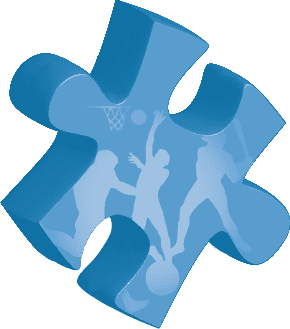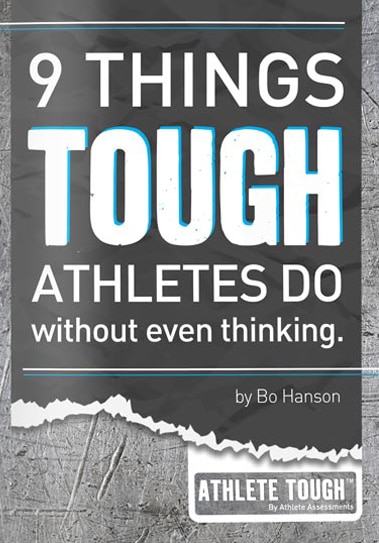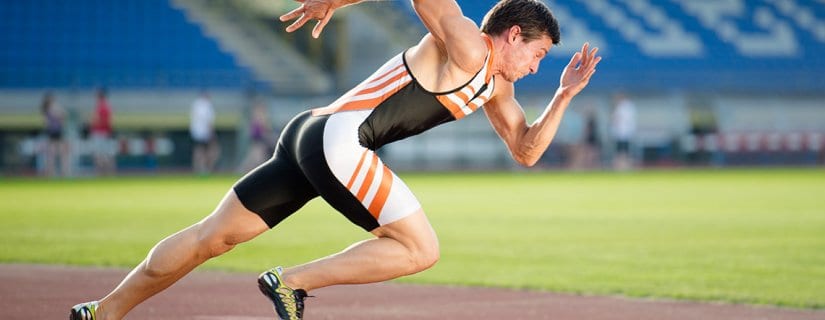
“You have to be able to center yourself, to let all of your emotions go. Don’t ever forget that you play with your soul as well as your body.”
Although emotional intelligence is still a relatively new term in sport, it’s certainly not a new concept. For years we’ve marveled at how the great athletes are able to “switch themselves on” to create amazing performances with incredible consistency. We would describe them as being composed, mentally tough, having the right psychology, a great sports mind, emotionally controlled or simply determined or focused.
The key to emotional intelligence in sports is the ability to control your emotions and create peak performance on demand. If only we could teach our athletes to do this consistently! But, what if we could? This article examines the theory and application of emotional intelligence in sport.
Emotional Intelligence Defined
- The ability to recognize your own emotional state, that’s how you’re feeling.
- Sense the emotions in others.
- Knowing how to motivate yourself to create your best performance.
- Build productive relationships with others.
Fundamental to understanding emotional intelligence is knowing that emotional intelligence is a competency based framework. What this means is that each of us already has a level of skill in emotional intelligence, it’s just the degree of its development that varies. It’s the same as having different levels of skill in shooting a basketball from the 3 point line. Some have an excellent skill level, others have beginner level and there are numerous degrees in between.
Emotional intelligence can be taught, it is not inherent in us. It can be learnt and continually developed, just as resilience can be.
Self Awareness is the Most Critical Aspect of Emotional Intelligence in Sport
Self-awareness, and a state of being mindful in what you’re doing and who you are, is the cornerstone of further development of emotional intelligence in sports. It’s a function of the degree to which you understand yourself. Self-awareness encompasses knowledge of your strengths, limitations and how your emotions and behaviors create your sporting results.
If you want to know more about how to help your athletes gain control and achieve a self awareness, and ultimately, emotional stability in sport, you should check out our program – ATHLETE TOUGH. Our Handbook & Video Series was produced by 4 x Olympian and 3 x Olympic Medalist, Bo Hanson, to answer the call of Coaches wanting to know how they can build mental toughness in their athletes. We’ve dedicated an entire chapter to this subject, but that’s not all. You can learn more about Conditioning Toughness, Building a Tough Identity, Staying Tough Under Pressure and more with 15 chapters full of proven strategies to help your athletes become, and stay, ATHLETE TOUGH. Visit this link for more information and to view a sample chapter and video!
Where to from here?
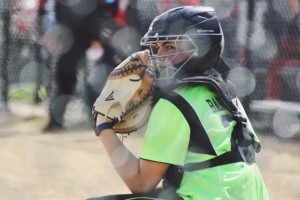
Mind Control
Getting yourself to shut down your brain and be ‘mindless’ isn’t always easy. Especially in those game defining moments, or when your team members are
